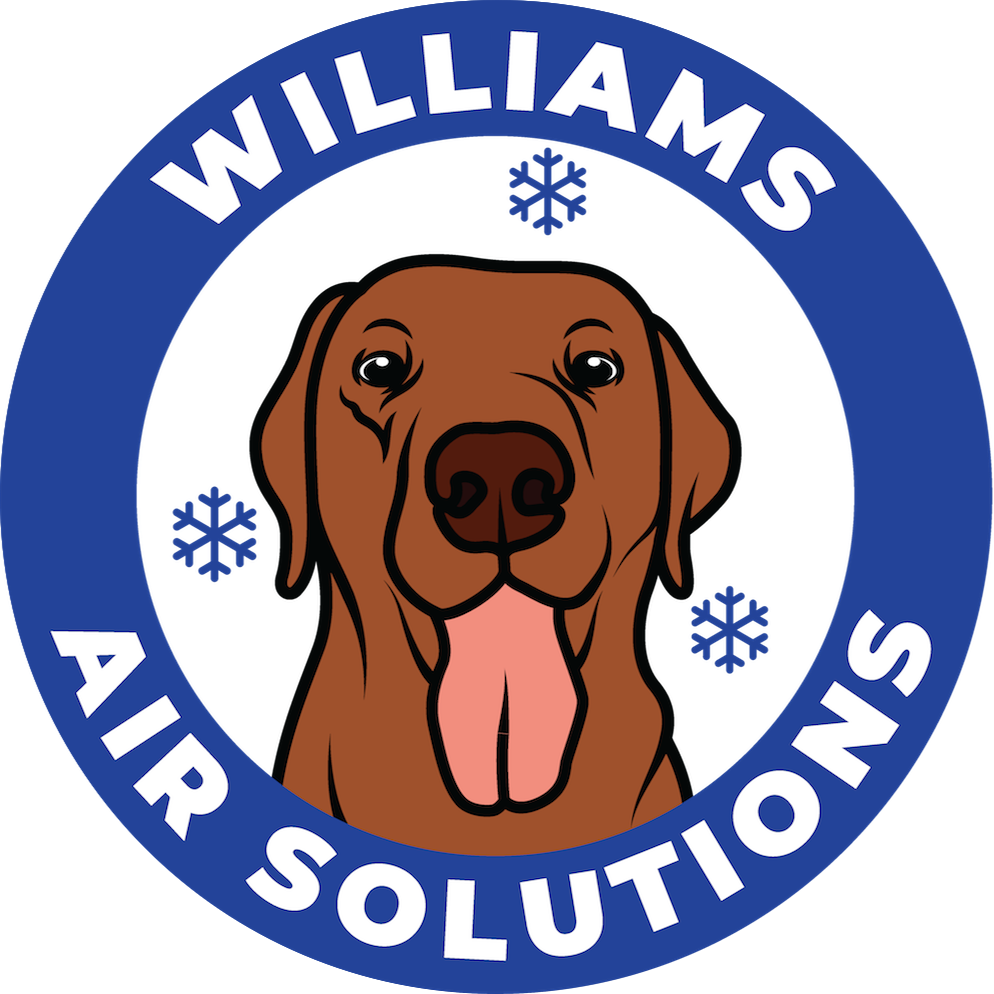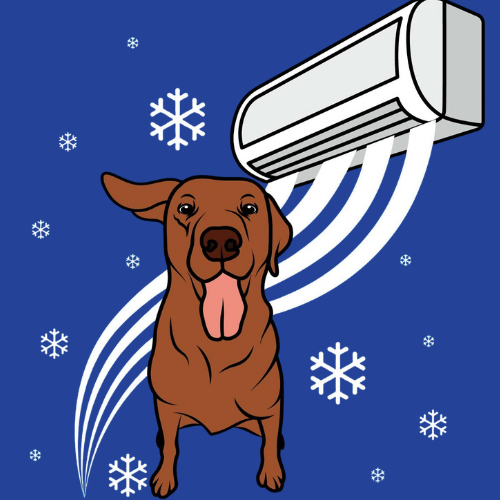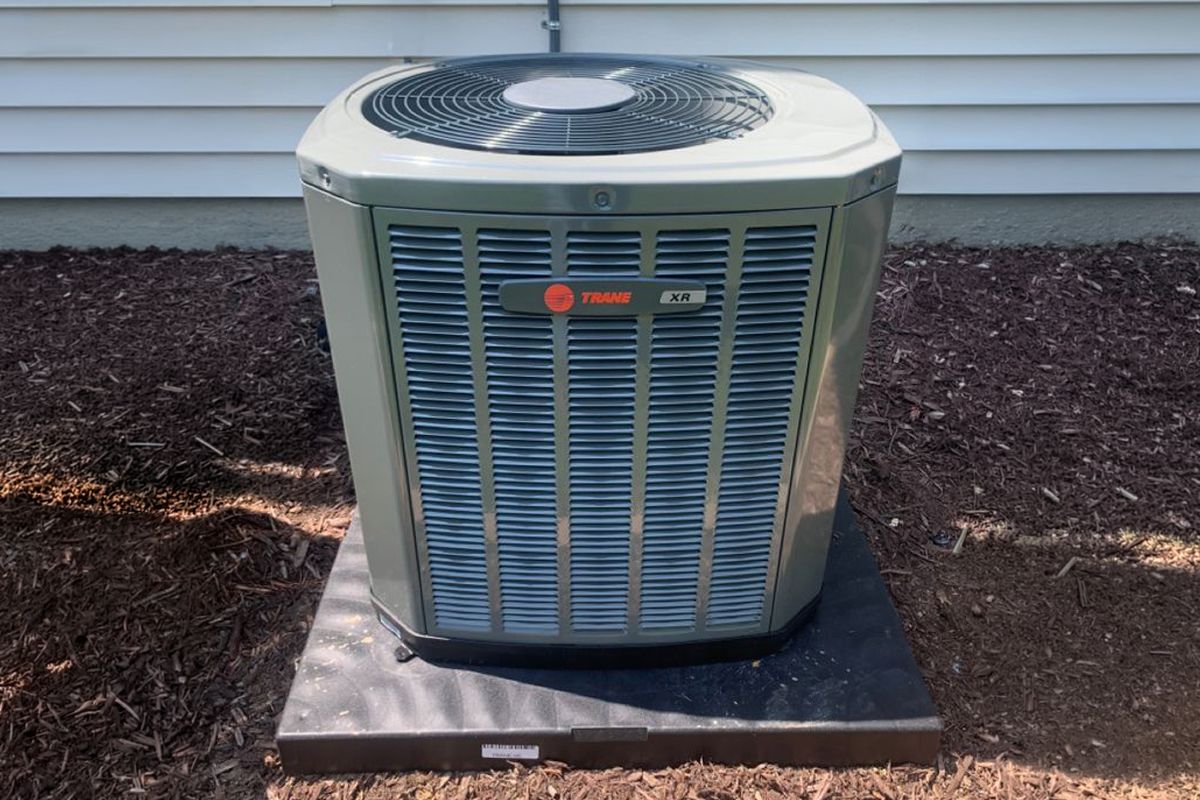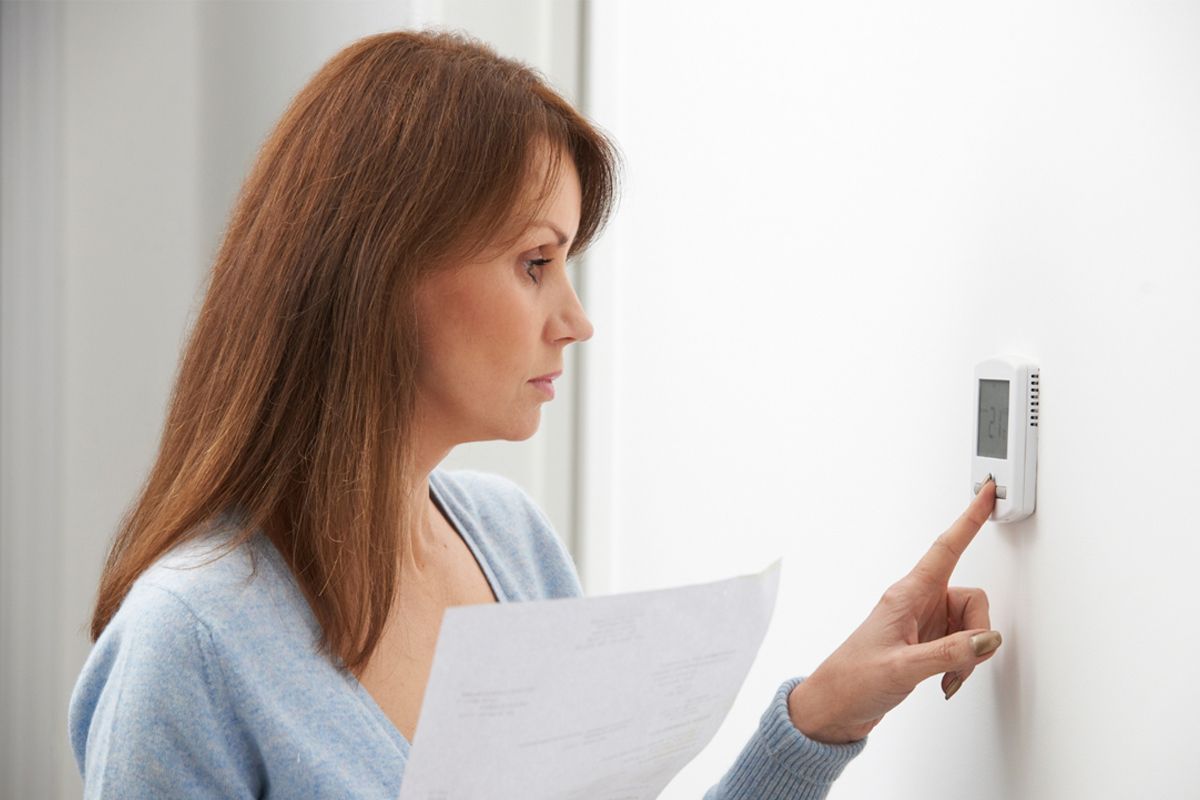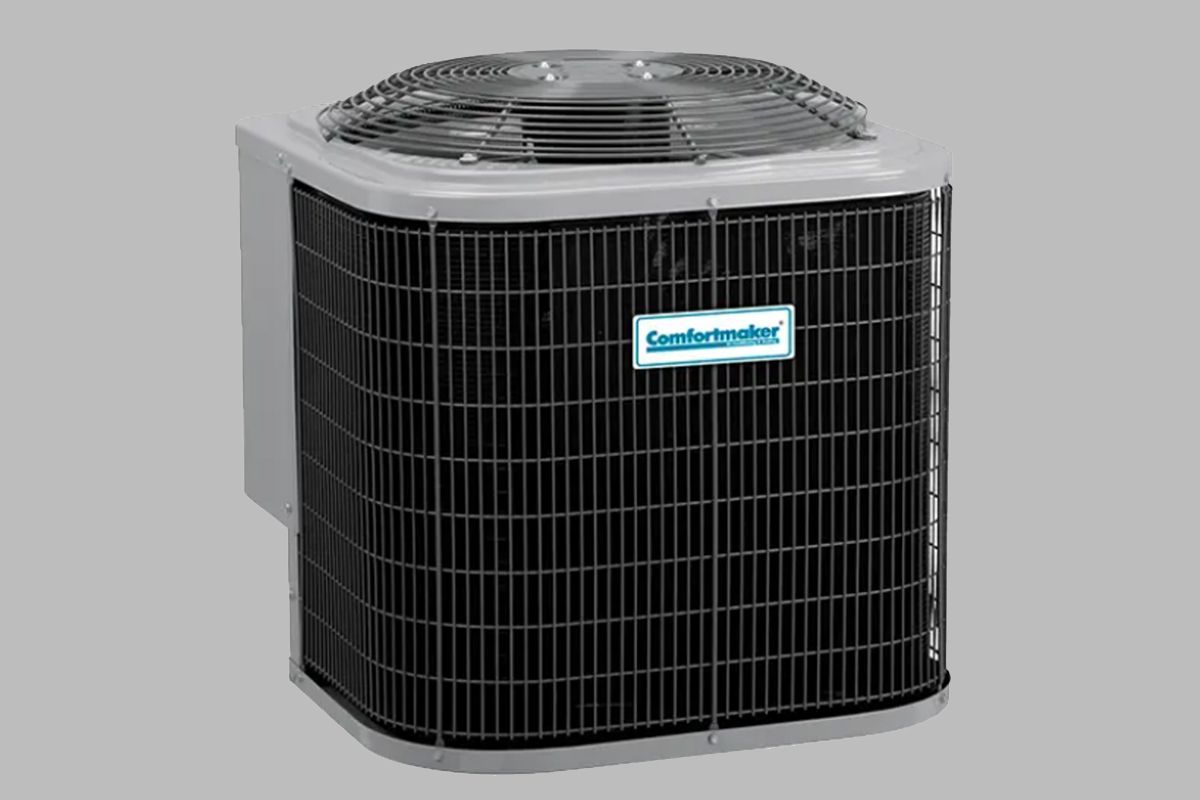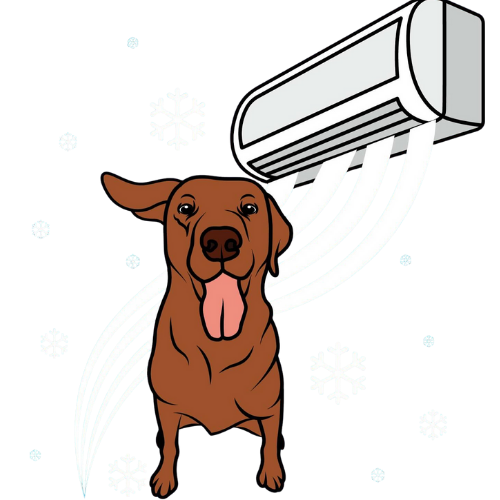Why Preventive Maintenance Costs Less Than Emergency Repairs
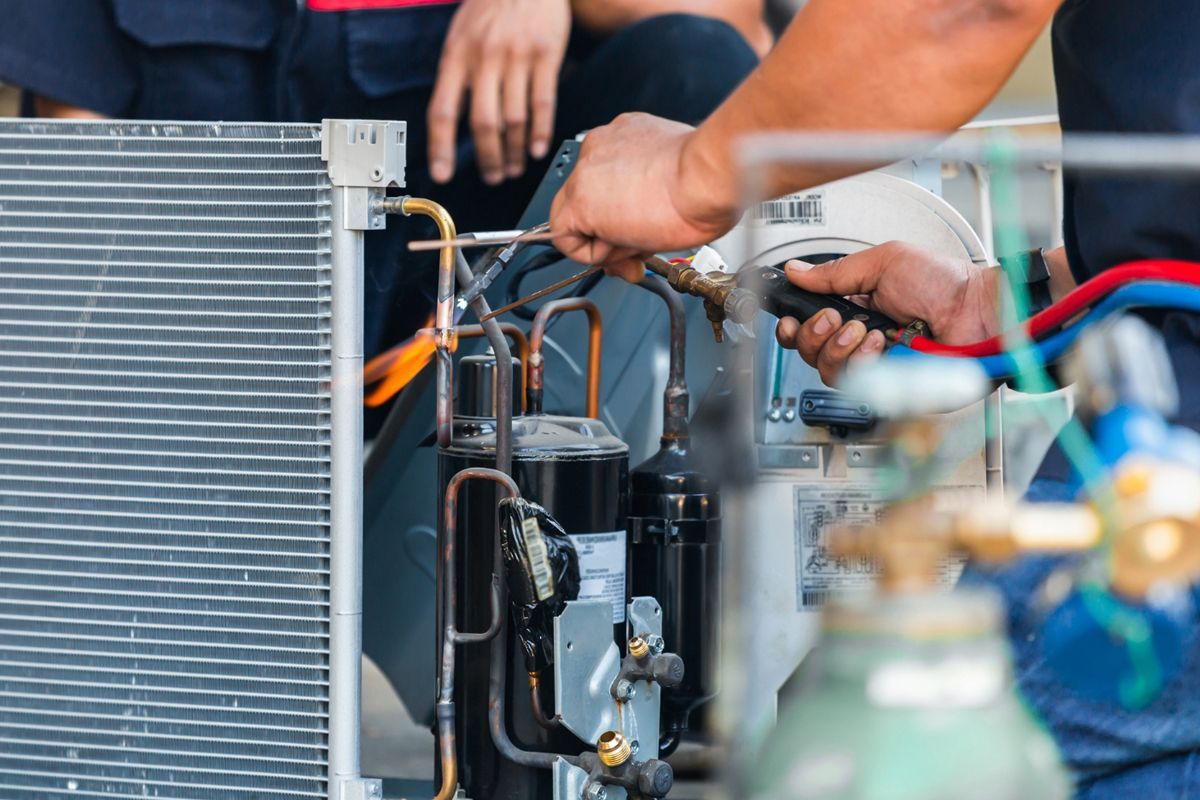
Florida’s climate demands more from HVAC systems than almost anywhere else in the country. With long cooling seasons, high humidity, and storm risks, homeowners in Pinellas County rely heavily on their air conditioning systems year-round. That constant demand makes preventive maintenance not just a recommendation, but a necessity.
One of the biggest questions homeowners ask is whether the cost of maintenance is worth it compared to waiting until something breaks. The reality is simple: preventive maintenance always costs less than emergency repairs. Here’s why.
The True Cost of Emergency Repairs
When an HVAC system fails unexpectedly, the financial impact goes beyond the repair bill. Emergency repairs often include:
- Higher Service Fees: After-hours, weekend, or holiday repairs can cost significantly more than scheduled visits.
- Major Part Replacements: Neglected maintenance often allows small issues (like clogged drain lines or worn capacitors) to grow into costly component failures.
- Lost Comfort: In Pinellas County’s heat, going even a day without air conditioning can make a home uncomfortable and even unsafe.
- Energy Waste: A struggling system uses more electricity before it fails, spiking your utility bills.
How Preventive Maintenance Saves You Money
Regular HVAC tune-ups catch small issues before they escalate into expensive problems. Here’s where the savings come from:
- Lower Energy Bills: A clean, calibrated system runs more efficiently, reducing monthly utility costs by 5–15%.
- Reduced Repair Costs: Replacing a $30 capacitor during a tune-up is far cheaper than replacing a $1,200 compressor damaged by neglect.
- Longer System Lifespan: Preventive care helps systems last years longer, delaying the high cost of replacement.
- Fewer Emergencies: Scheduling maintenance in spring and fall reduces the likelihood of inconvenient mid-summer breakdowns.
Real-World Example in Pinellas County
A homeowner in Seminole, FL skipped AC maintenance for two years. By the third summer, their system failed on a Saturday afternoon. The emergency repair required a new blower motor, costing over $1,000, plus an emergency service fee.
By contrast, another client in
Clearwater enrolled in a maintenance plan. Their spring tune-up caught a worn capacitor and low refrigerant levels. The total cost of those minor repairs was less than $200, and their system continued running smoothly through the season.
Why Florida Homes Need Extra Attention
Florida’s unique climate conditions make maintenance even more critical:
- Humidity: Moisture leads to mold, clogged drain lines, and faster wear on coils.
- Salt Air: Coastal homes face corrosion risks that shorten system life.
- Heavy Usage: With AC units running nearly year-round, wear happens faster than in cooler states.
Preventive maintenance directly offsets these challenges, keeping systems efficient and reliable.
While skipping maintenance may seem like a way to save money, the reality is that emergency repairs are always more expensive and stressful in the long run. By investing in regular tune-ups, Florida homeowners benefit from lower bills, fewer emergencies, and longer-lasting systems.
At Williams Air Solutions, we help Pinellas County families protect their HVAC investment with detailed preventive maintenance tailored to Florida’s climate.
Don’t wait for a breakdown — call Williams Air Solutions at
(727) 353-0090 today to
schedule your maintenance and start saving before summer arrives.
